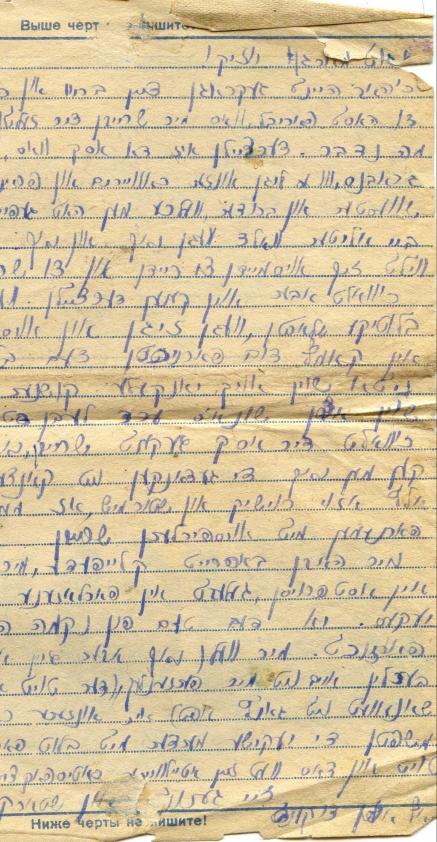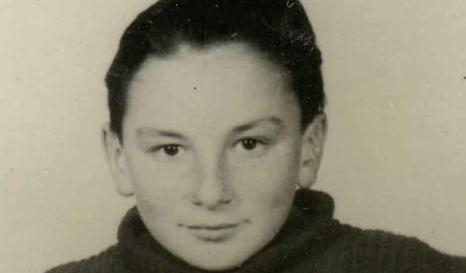ToPics
Surviving BY DEPORTATION
Many Polish and Baltic families of Jewish origin were deported in 1940 and 1941 because of their social background, political and ideological militancy or as refugees who had fled eastwards from the western parts of Poland occupied by the Germans. Caught in what was now western Soviet Ukraine, they were offered citizenship. Those who refused were deported to Siberia or the Great North.
Only Poles were allowed to leave the Soviet Union from 1942, following an amnesty, and in 1945, after an agreement between the Polish Provisional Government of National Unity and the USSR. The Balts had to wait until Stalin died to be able to return home.
Being deported in this way from their countries of birth later occupied by the Nazis actually saved some of them from extermination. This painful paradox, of which they became aware at the end of the war, seems to counterbalance to some extent their recollections of the pain of deportation. It has tinged their memories and the transmission of memory with some ambivalence and is a specific characteristic of their part in the European experience of the Gulag.









